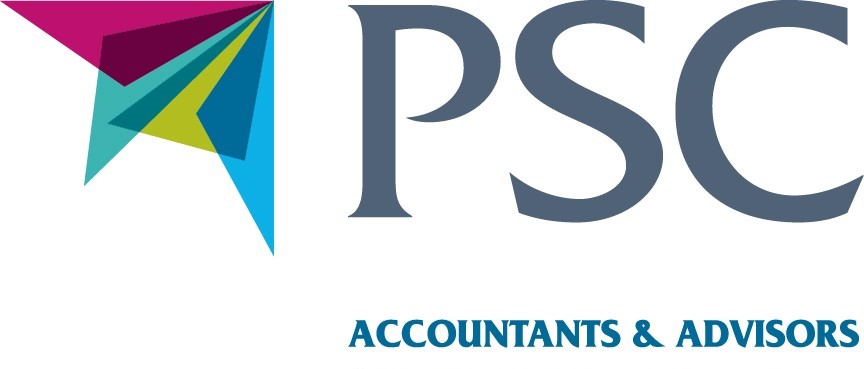
Important updates from Revenue on CRSS and EWSS
- Eligibility for the CRSS from 26 July 2021 for the hospitality sector
Revenue has noted that from 26 July 2021, businesses in the hospitality sector, including bars (both “wet pubs” and gastro pubs), may reopen for indoor hospitality services for customers who are fully vaccinated, or have recovered from COVID-19 in the past six months. Accordingly, with this easing of restrictions from 26 July 2021, businesses in the hospitality sector are no longer regarded as being significantly restricted from operating and are, therefore, no longer entitled to CRSS payments.
Some businesses in the sector may have taken the decision not to open at this time for their own reasons, despite the easing of restrictions. However, it is very important to note that these businesses are not entitled to continue claiming CRSS payments despite the fact that they remain closed.
Where businesses have reopened, they can make a claim for an enhanced restart CRSS payment. The enhanced restart payment due to businesses reopening from 26 July 2021 is a single payment of three weeks at double the normal rate of CRSS, subject to a higher weekly maximum payment of €10,000. The restart payment must be claimed within 8 weeks of reopening.
In summary, businesses that can operate indoor dining from 26 July 2021 are no longer entitled to claim standard CRSS payments, even if they have elected to remain closed.
Updated guidelines went live on Revenue’s website this week and can be found here. Please see section 7.3 and 8.2 for further details.
Under the specific terms of the Government’s public health Regulations, Nightclubs, Casinos and Discos remain closed and therefore are regarded as being significantly restricted for the purposes of the CRSS. Such businesses may continue to claim CRSS where they meet all of the other eligibility criteria.
- EWSS update on theEligibility Review Form (ERF)
You will know from previous circulars that Revenue introduced a new requirement for employers to submit a monthly Eligibility Review Form (ERF) on ROS, comprising the data employers use in the rolling review of their eligibility for EWSS at the end of each month.
Extension of the deadline for the June ERF
Following representations, Revenue have extended the deadline for submission of the initial ERF (for June 2021) from 30 July to 15 August 2021.
The extension to the deadline for the June submission means that both the June and July ERF will be due by 15 August 2021. Revenue has emphasised the importance of ensuring that both forms are received by the due date to avoid a delay in payment of an EWSS claim.
The requirement to provide actual monthly turnover values for 2019
Given the types of businesses supported by EWSS and the statutory requirements on these businesses to keep books and records, Revenue expects that most businesses will have the requisite access and capability to report monthly actual turnover values for 2019. However, in so far as monthly turnover amounts cannot be readily accessed, then businesses may use the average turnover as derived from their bi-monthly (or other periodic) VAT return data to calculate the monthly turnover value for the purposes of completing the ERF.
It is important to note that actual values provided on the ERF cannot be altered online once the form is submitted. Contact would need to be made with Revenue, via MyEnquiries, to correct any errors in the figures supplied.
As outlined in the Guidelines, registered childcare providers and new businesses which started trading on or after 1 November 2019 can complete a declaration on their initial ERF which will exempt them from the requirement to complete the monthly eligibility review screens on ROS.
Reviewing projections on the ERF
After submission of the initial ERF for June 2021, in each subsequent month employers must provide details of their actual turnover/customer orders for the previous month and review their projections for the coming months to ensure that they remain valid. Revenue expects that projections are prepared using a reliable set of budget assumptions and do not change materially between monthly updates.
Revenue’s EWSS Eligibility Guidelines (on page 8) acknowledge that, in exceptional circumstances, certain unforeseen events may occur which require the employer to revise the original budget estimate e.g. imposition of further Government restrictions (post the review date) impacting trade, receipt of an unexpected donation, entering into a significant new sales contract, etc.
